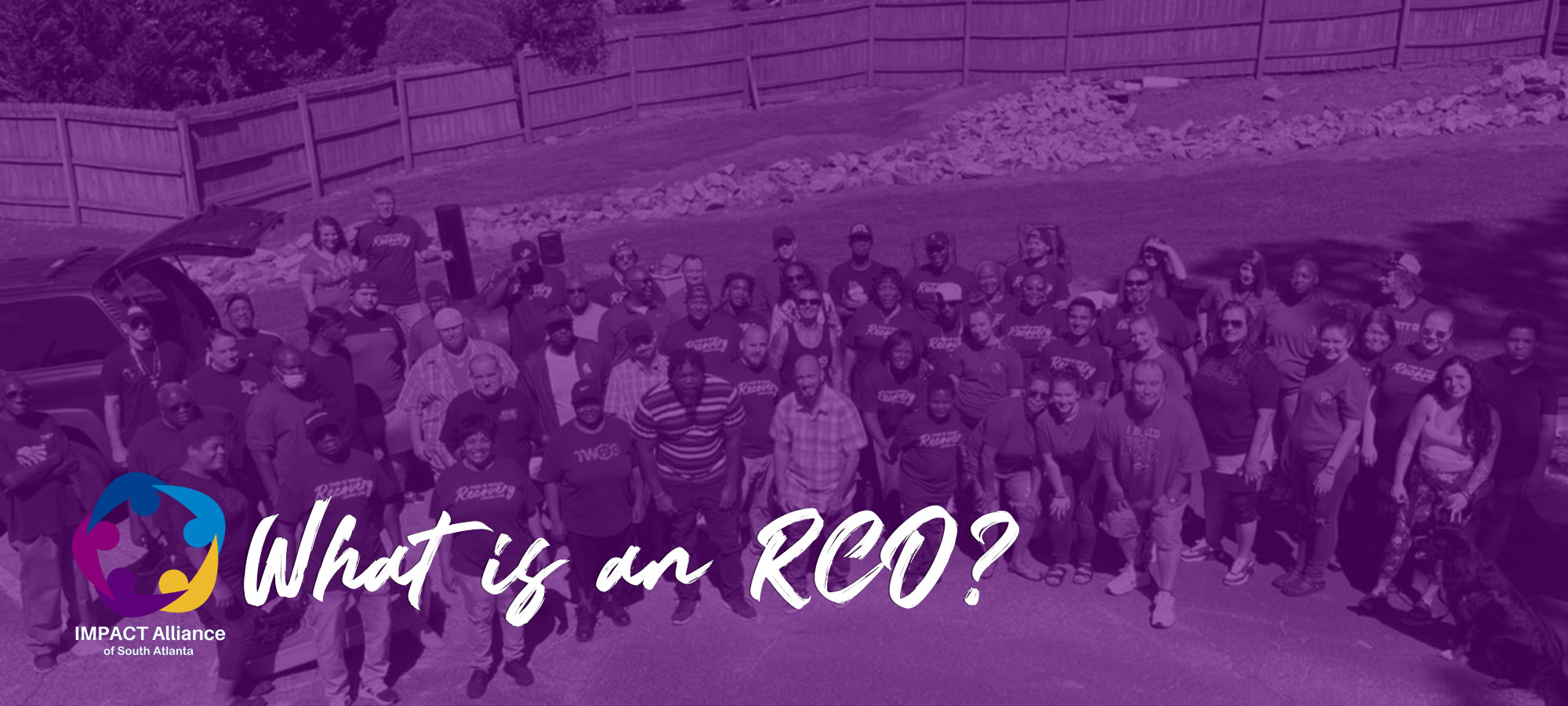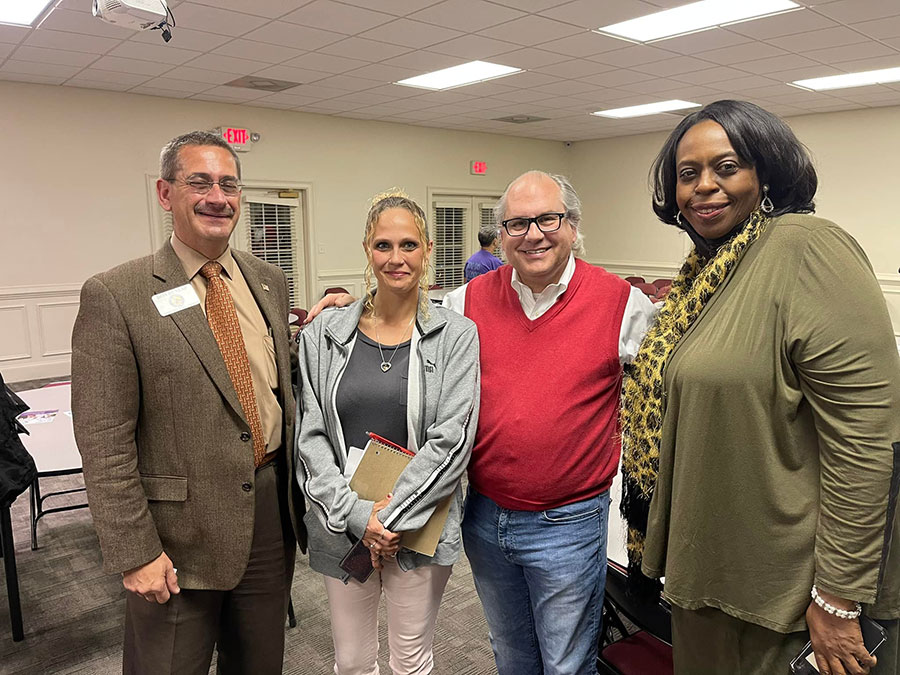
CORE STRATEGIES OF RCO: THE POWER OF COMMUNITY
The core strategies of RCO include key tactics to foster recovery-focused values and communities and advance the mission.

POLICY ADVOCACY To build recovery-oriented and supportive communities, recovery community organizations are addressing the public policy barriers that keep people from sustaining their recovery for the long haul. One consequence of addressing addiction as a criminal justice, not a public health crisis, has been the imposition of legal barriers on people with criminal records. Advocacy is aimed at ending the punishment and incarceration of people for their status as people with histories of addiction. These barriers make it much more difficult for people to get their lives back on track, get a job, obtain housing, and reunite with their families and friends. Recovery community organizations are also engaged in advocacy at the local, state, and federal levels to promote policies and regulations in health insurance, program development, and resource allocation that make sense for the recovery community.
DELIVER PEER-BASED RECOVERY SUPPORT SERVICES (P-BRSS) RCOs are transforming the way communities build and sustain recovery by delivering an assortment of peer recovery support services. These include recovery coaches, family support navigators, phone and web recovery support services, all-recovery meetings, SMART-Recovery, wellness programs (mindfulness, meditation, yoga, etc.), faith-based recovery meetings, in addition to a host of other services organized and delivered by trained volunteers and/ or paid staff.
SOCIAL RECOVERY SUPPORT NETWORK In some cases, RCOs provide oversight for the growing network of Recovery Community and Outreach Centers (RCOCs) – also known as Recovery Community Centers (RCCs), or Youth Clubhouses (YCHs) – which provide a centralized hub for community-wide, safe, and sober social activities, workshops, recovery meetings, and resource connections for individuals, family members, friends, and other allies of the recovery community.
